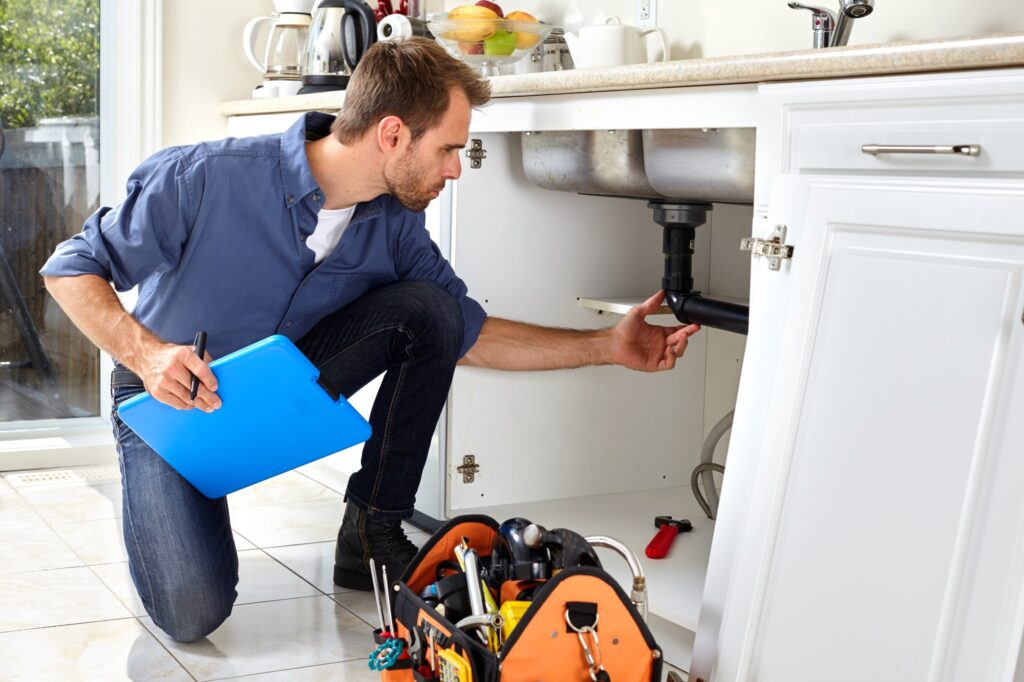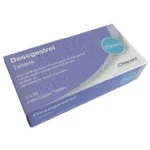A well-functioning plumbing system is essential for the comfort and convenience of your home. Regular maintenance can help prevent costly repairs and ensure the longevity of your plumbing infrastructure. But what if you do have a plumbing problem? Consider drain and sewer service near Sacramento, for example. When things get bad, it is best to call the professionals.
By following a few simple steps and adopting good practices, you can keep your plumbing system in top condition. In this guide, we will delve into the various aspects of plumbing maintenance to help you maintain a smooth-flowing system.
Regular Inspections:
Performing regular inspections is the foundation of plumbing maintenance. Routinely check for leaks, drips, and signs of corrosion. Look for water stains on ceilings, walls, and floors, as these can indicate hidden leaks. Additionally, inspect exposed pipes for signs of rust or damage. Early detection can prevent minor issues from escalating into major problems.
Monitor Water Pressure:
Optimal water pressure is crucial for the proper functioning of your plumbing fixtures and appliances. High water pressure can strain pipes and cause leaks, while low pressure can affect the efficiency of appliances. Use a pressure gauge to measure your water pressure regularly and adjust it within the recommended range.
Prevent Clogs:
Clogs in drains and pipes are common plumbing issues that can disrupt your daily routine. Prevent clogs by using drain strainers to catch hair, food particles, and debris. Avoid pouring grease and oil down the drains, as they can solidify and block pipes over time. Regularly flush drains with hot water to keep them clear.
Water Heater Maintenance:
Your water heater plays a vital role in your daily life. To extend its lifespan and ensure efficient operation, drain a few gallons of water from the tank to remove sediment buildup. Check the temperature and pressure relief valve for proper functioning. Insulate the water heater and pipes to conserve energy and prevent heat loss.

Maintain Toilets:
Toilet leaks can be silent but costly. Add a few drops of food coloring to the toilet tank and wait for about 30 minutes. If the color appears in the bowl, you have a leak that needs attention. Also, avoid using the toilet as a trash can to prevent flushing items that can cause blockages.
Address Leaks Promptly:
Even a small leak can waste a significant amount of water and lead to structural damage. Address leaks promptly by repairing or replacing damaged pipes, fittings, or fixtures. Ignoring leaks can result in higher water bills and more extensive damage over time.
Maintain Outdoor Plumbing:
Don’t forget about the plumbing outside your home. Disconnect and drain garden hoses before winter to prevent freezing and bursting of pipes. Insulate outdoor pipes and faucets in colder climates. Regularly check for leaks in outdoor irrigation systems.
Test Sump Pump:
If your home has a sump pump, test it regularly to ensure it’s working properly. Pour water into the sump pit to activate the pump. This step is crucial, especially if your basement is prone to flooding.
Professional Inspection:
While DIY maintenance is essential, hiring a professional plumber for an annual inspection is highly recommended. A trained eye can spot issues that might go unnoticed, and a plumber can perform more intricate tasks such as water heater flushing and sewer line inspection.
Educate Household Members:
Ensure that everyone in your household understands the importance of plumbing maintenance. Educate them about what should not be flushed down the toilet or poured down the drain. Encourage responsible water usage to prevent unnecessary strain on the plumbing system.
Incorporating these plumbing maintenance practices into your household routine not only ensures the functionality of your plumbing but also contributes to water conservation and eco-friendly living. Remember, a little effort today can prevent major plumbing issues tomorrow, making your home a comfortable and efficient haven for years to come.
In conclusion, maintaining your home’s plumbing system is a proactive approach that can save you money, time, and headaches in the long run. Regular inspections, vigilant monitoring, and prompt repairs are key elements of an effective plumbing maintenance routine. By following the tips outlined in this guide and staying proactive, you can enjoy a well-functioning plumbing system that supports your daily activities and enhances your overall quality of life.






